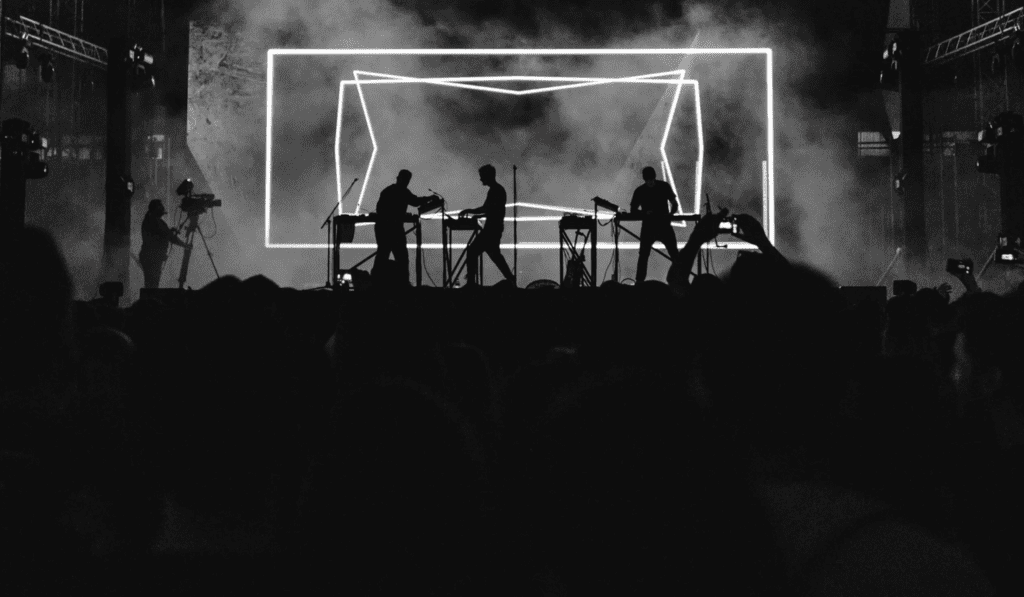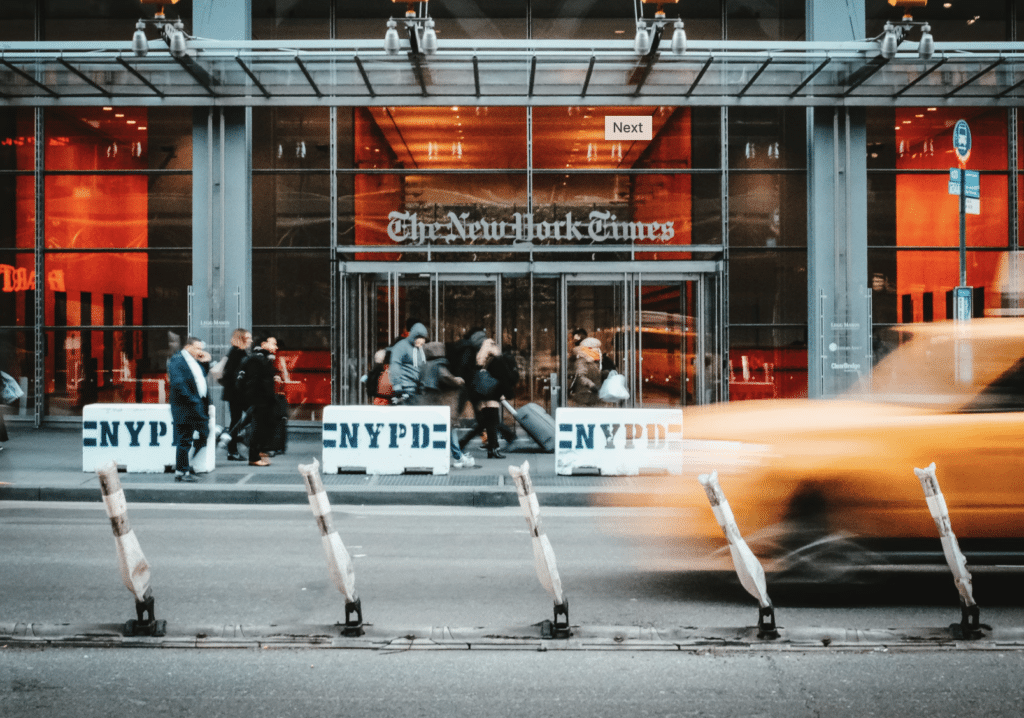It was a technological feat that made history, wowed audiences, and brought a dead rapper back to life. In April 2012 at the Coachella festival in California, Tupac Shakur took to the stage with Snoop Dogg and Dr Dre. Since he had been dead for 16 years by 2012, it was a human-like hologram of Tupac performing before a “shocked and then amazed” crowd. Fast forward ten tears and May 2022 will see the latest technological advances in musical immortality when Abba returns to the live stage after a 40-year absence. But this time, they return as humanoids – the digital hologram “twins” of the original global phenomenon.
George Lucas’s Industrial Light and Magic has created holographic lookalikes that interact with a live band in a specially designed purpose-built theatre in east London, while Benny, Björn, Frida and Agnetha have provided the pre-recorded vocals and motion-captured movement which will then be reproduced by the digital avatars. The doppelgangers are more youthful in their appearance – seemingly in their 30s, when they were at the peak of their music fame – raising an interesting conundrum concerning Abba’s human mortality against their new immortality in the metaverse.
Abba’s music is undoubtedly timeless; the simple tunes with incredibly complicated structures appeal to millions. The “Abbatars” are a reinvention for a new audience, but will they continue beyond the lives of their originals, with new creators pulling the strings? Besides Abba and Tupac, there are other instances where “digital twinning” has been identified as a key money-making strategy. The digital band Gorillaz’ 2006 Grammy performance blended flawlessly with Madonna’s. And Richard Burton’s hologram performed on a global tour of War of the Worlds in another 2006 performance.
Music in the Metaverse
Customizing 3D avatars has become a unique way for artists to create virtual brands across several digital platforms. They can connect virtually with fans and increase loyalty and engagement, while fans can interact, express themselves and experience new things. This is now achievable using AI software to make holograms, as researchers at the Massachusetts Institute of Technology demonstrated in an experiment that created holograms fairly instantaneously.
Ziva Dynamics a pioneer in simulation and real-time character creation, employs synthetic AI-powered avatars to create autonomous and complex movement simulations based on real muscle, fat, soft tissue and skin contact. In April 2021, in a project called Lost Tapes Of The 27 Club, Google’s Magenta AI was even used to compose songs in the styles of musicians who notoriously died at the age of 27, including Jimi Hendrix, Jim Morrison, and Amy Winehouse.
These technologies have the potential to create realistic synthetic and AI holographic representations of departed artists, allowing them to continue creating, influencing, and performing for future audiences. Epic Games, creators of the phenomenally successful Fortnite, predicts that digital twins will combine with the metaverse, an emerging network of fully immersive digital worlds.
Disrupting the Music Business
Whereas live tours are time-intensive and costly for new artists, a low-cost metaverse “tour” might be a new way for music lovers to see live performances, especially as virtual performances by Justin Bieber, DeadMau5, and The Weeknd have already become popular recently. In this emerging branch of the music industry, record labels and marketing firms could be replaced by decentralized autonomous organizations (“DAOs”), which are organizations that operate like cooperatives, making all decisions jointly. DAOs are already disrupting the music business – along with non-fungible tokens (“NFTs”), which are a way of transferring property between people online. For instance, in October 2021, PleasrDAO – a collective of decentralized finance leaders, early NFT collectors and digital artists – paid $4 million for Once Upon a Time in Shaolin an album by New York hip-hop legends Wu-Tang Clan.
While the release of the album predates the rise of NFTs, PleasrDAO now owns the rights and has imposed strict restrictions on duplication, distribution, or public exhibition. A music-focused DAO like Pleasr may acquire opt to finance and organize events and manage fan-owned record labels and marketing agencies to secure investable commodities like first-edition LPs, artwork, and instruments.
This could create a new, decentralized route to the market for artists free of corporate interests or interests of individual producers, developing a fairer landscape for the future. With digital avatars likely to be at the center of this new vanguard, it will be fascinating to see how it develops in the months and years to come – and whether it will be enough for music audiences.
Theo Tzanidis is a Senior Lecturer in Digital Marketing at University of the West of Scotland.
Stephen Langston is a Program Leader for Performance at the University of the West of Scotland. (This article was initially published by The Conversation.)














